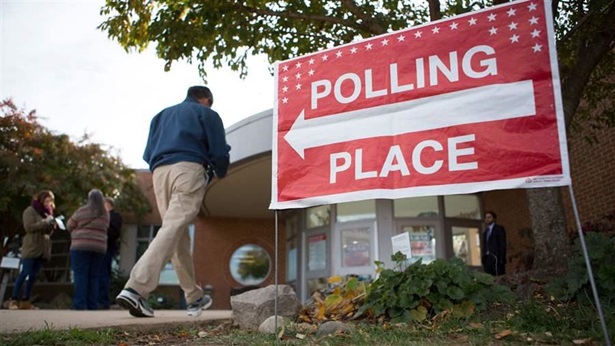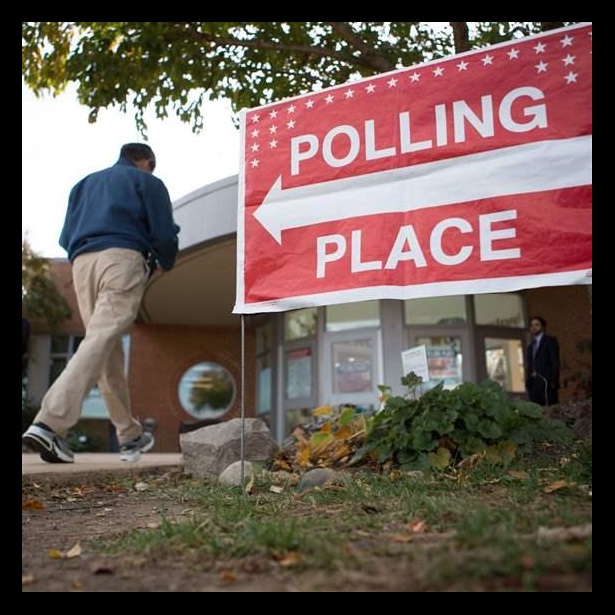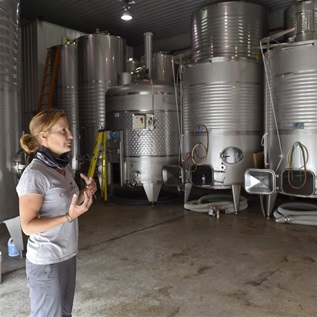Online Voter Registration: Data Reveal Progress
New data from Georgia, Iowa, and Pennsylvania demonstrate that large numbers of citizens are using these states’ online voter registration systems. Alabama, which launched online registration earlier this month, is hoping for similar results.
- In Georgia, 54,385 individuals used the state’s online registration system in the seven days before the registration deadline for the March 1 presidential primary. Secretary of State Brian Kemp reported that 37,903 of these individuals were new registrants and that these numbers represent the highest traffic the system has received since its implementation in 2014.
- Iowa’s online voter registration system launched on New Year’s Day, and since then, over 5,000 Iowans have registered online, at least 700 of whom are new registrants. Secretary of State Paul Pate reports that almost 1,500 individuals registered—online or otherwise—in the four days leading up to the Feb. 1 Iowa caucuses.
- Pennsylvania began operating online voter registration in the fall and reports that over 60,000 citizens have used the system.
Alabama’s new online voter registration website, which went live Feb. 1, uses an applicant’s date of birth and driver’s license or state ID card number to confirm identity. Eligible individuals who prefer to provide the last four digits of their Social Security numbers instead of license or ID card numbers can submit a paper form.
And Alabama, like Pennsylvania, is a new member of the Electronic Registration Information Center (ERIC), a multistate partnership that uses a secure data center to improve the accuracy and efficiency of state voter registration systems. Participating in ERIC enables states to identify and contact potential and current registrants whose records are out-of-date and direct them to use the state’s online system. This outreach and technology could result in significant cost savings as well as improvements to the accuracy of voter lists.
The mobility of populations can make it difficult to maintain the integrity of voter lists. An online voter registration system, operated in conjunction with ERIC, helps states to maximize efficiency for election officials and facilitate the registration process for voters.
Keara Castaldo is a research associate and Samuel Derheimer is a manager of election initiatives at The Pew Charitable Trusts.
Follow us on Twitter using #electiondata, and get the latest data dispatches, research, and news by subscribing today.













